South Korea’s parliament impeaches acting President Han Duck-soo
South Korean lawmakers have impeached the country’s prime minister and acting president, Han Duck-soo, amid a deepening political crisis sparked by his predecessor's martial law decree.
The motion which required a simple majority in the 300-member National Assembly, was passed with all 192 votes cast in favor of the impeachment.
The results were announced amidst protests from the ruling party members who boycotted the vote.
Han took over the role after President Yoon Suk Yeol was impeached by parliament following his failed attempt to impose martial law on December 3.
The latest move came after Han refused on Thursday to appoint three judges to fill vacancies in the Constitutional Court, the body that will be deciding whether to reinstate or remove Yoon permanently from office.
There are currently three vacancies on the top court's nine-judge bench. The opposition Democratic Party had demanded Han to fill the positions immediately.
The opposition argued that Han had actively participated in Yoon’s insurrection and violated his duty to uphold the law by avoiding investigations.
Opposition politicians also called for launching a special probe into Yoon's martial law declaration.
Finance Minister Choi Sang-mok has now stepped in as the new acting president.
Choi said he would do everything in his power to restore stability and end the political turmoil gripping his country.
"Minimizing governmental turmoil is of utmost importance at this moment," Choi was quoted as saying in an address shortly after his appointment as acting leader. "The government will also dedicate all its efforts to overcoming this period of turmoil," he added.
Experts believe the political crisis will continue until a new presidential election is held.
Choi announced on Friday that the government has instructed the military to increase vigilance to prevent North Korea from misinterpreting the situation and initiating any actions.
He also told the foreign ministry to inform the allies such as US, Japan and other major partners that South Korea's foreign policies remain unchanged.
Political experts had warned previously that if the opposition pursues more investigations, the government could become paralyzed as decisions could not be made or carried out.
President Yoon’s December 3 imposition of martial law was the first of its kind in more than four decades.
Yoon gave the military extraordinary powers in order to end the political deadlock within the capital, and stop what he dubbed “anti-state forces.”
The martial law lasted only six hours before being revoked by the parliament.
VIDEO | Press TV's news headlines
Hamas: Israel escalating ceasefire violations in Gaza
Venezuela's government declares unwavering unity behind Maduro
VIDEO | Global outcry over Venezuela president abduction
Iran keeps wheat import subsidies despite cutting other food supports
Venezuelan military stands with acting president after US kidnapping of Maduro
VIDEO | Press TV's news headlines
VIDEO | Protesters in Toronto slam US kidnapping of Venezuelan president


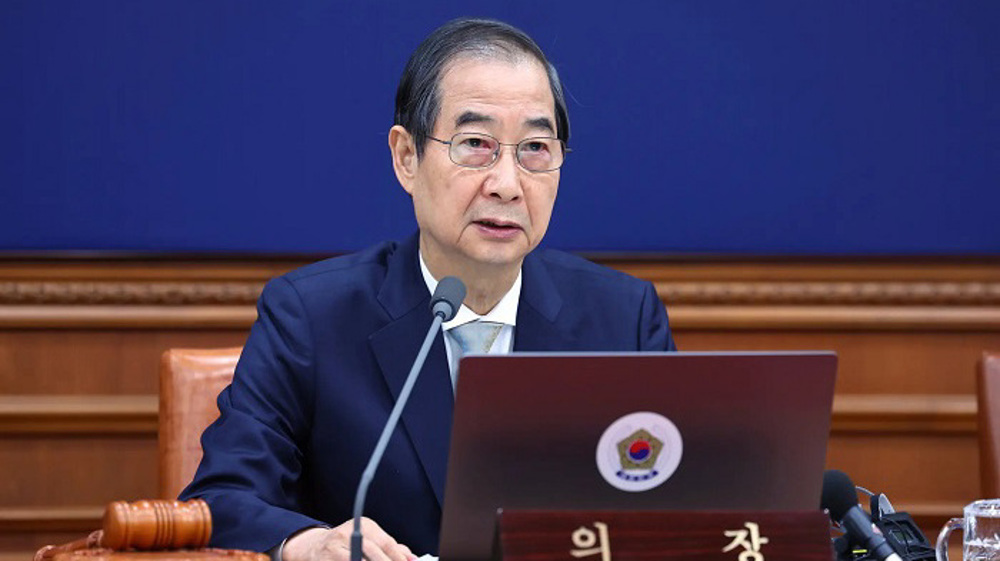
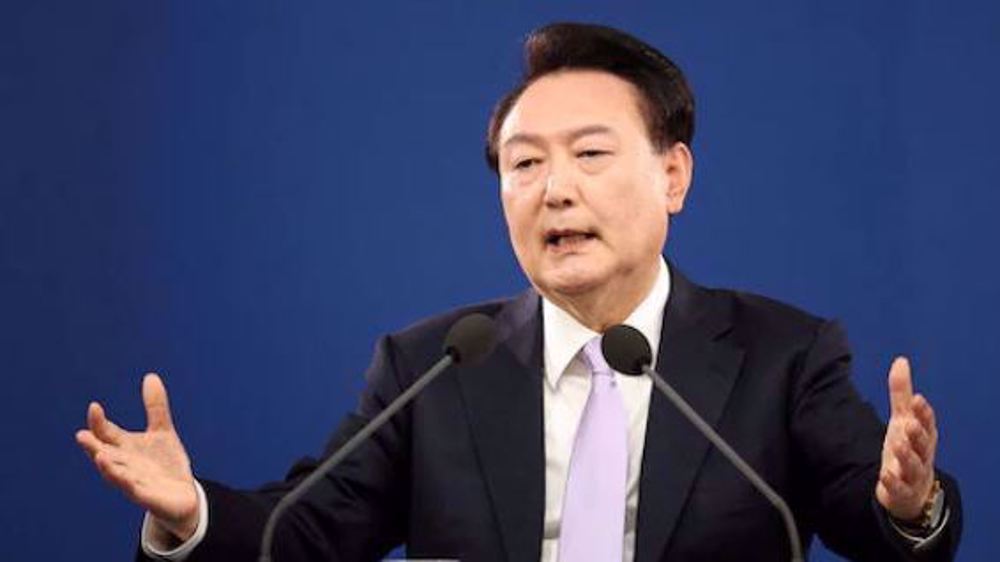
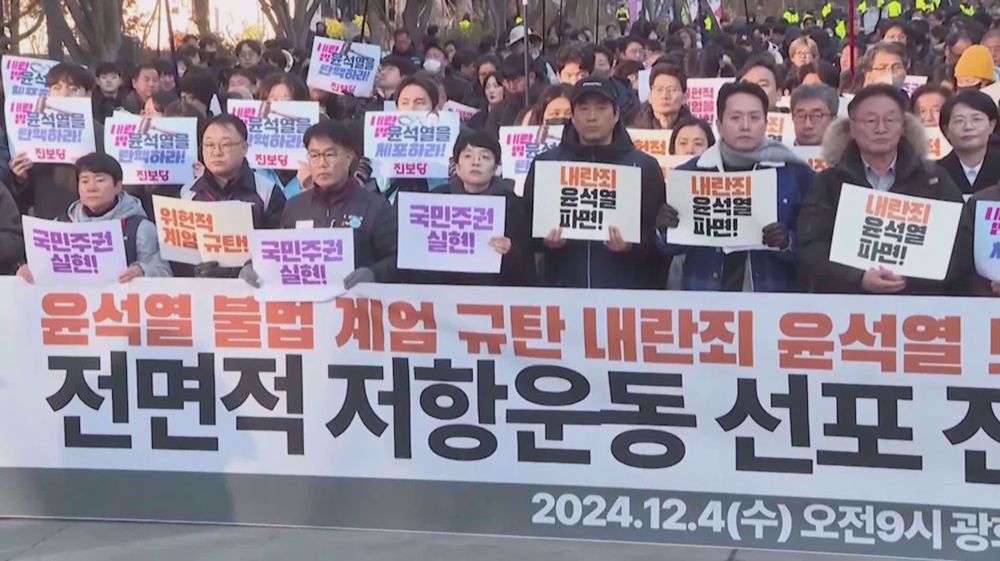
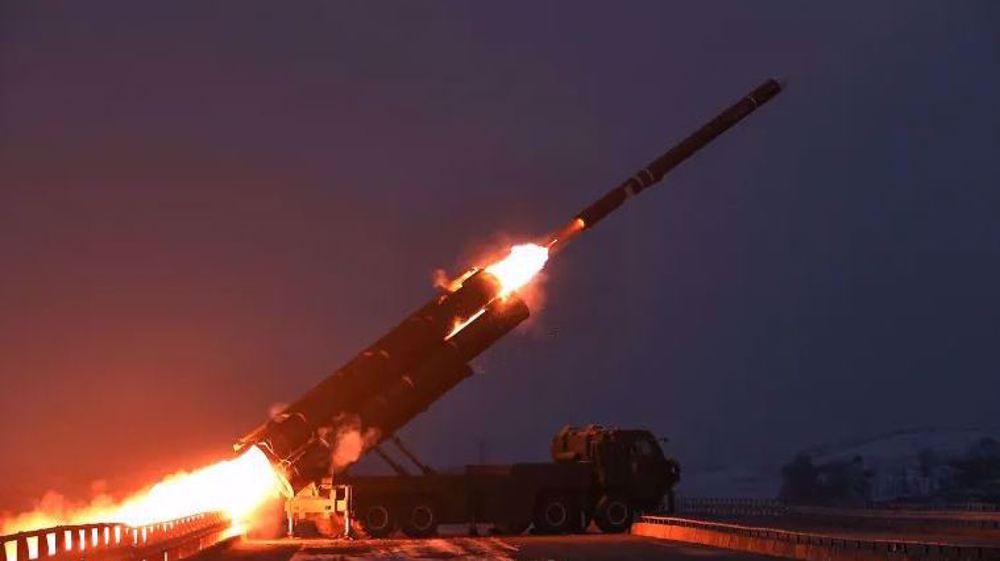
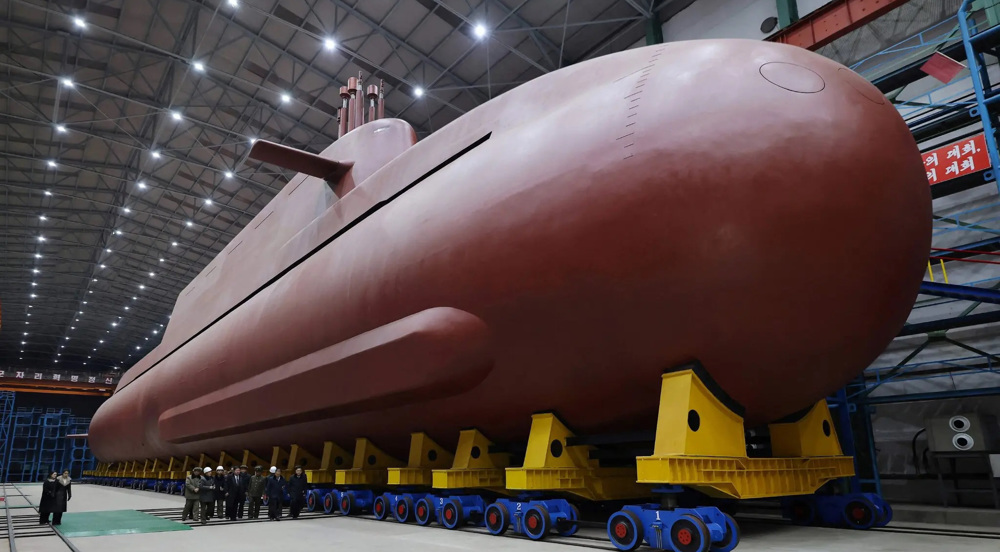
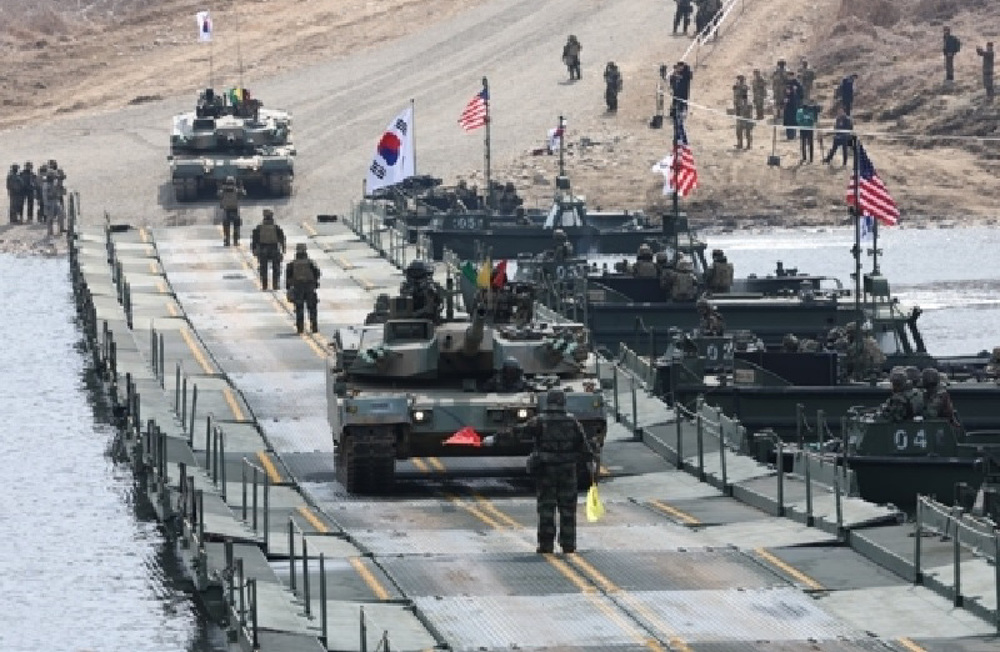



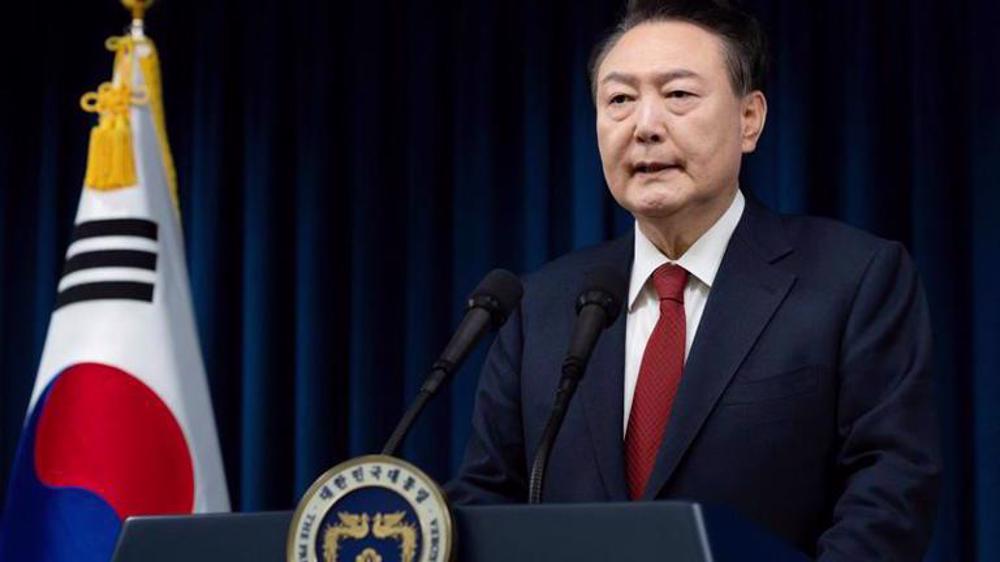
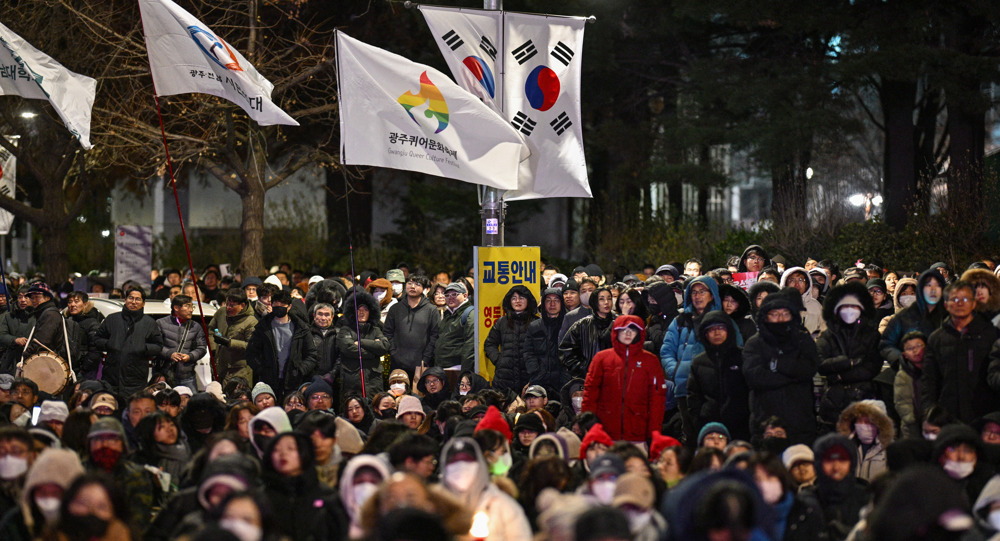
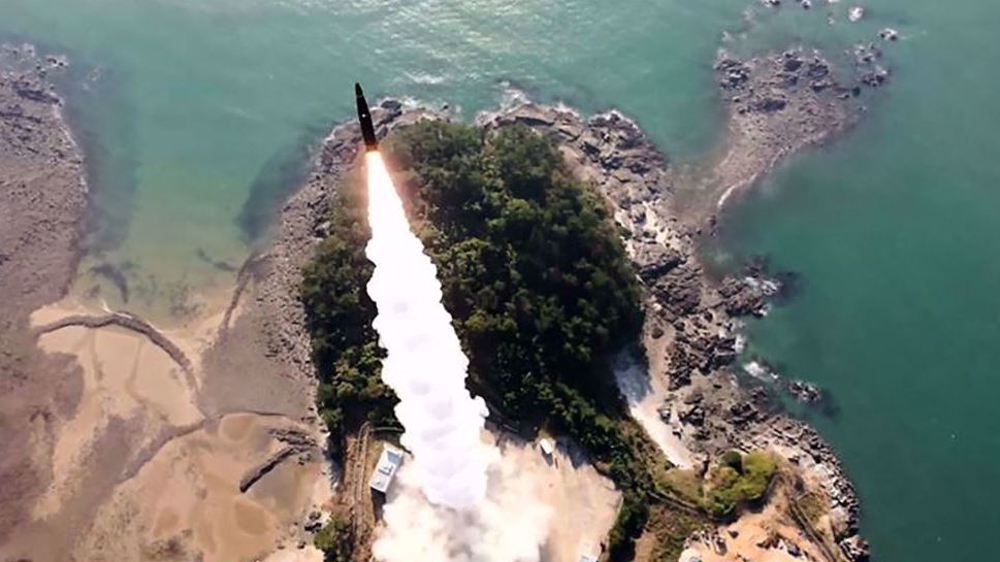
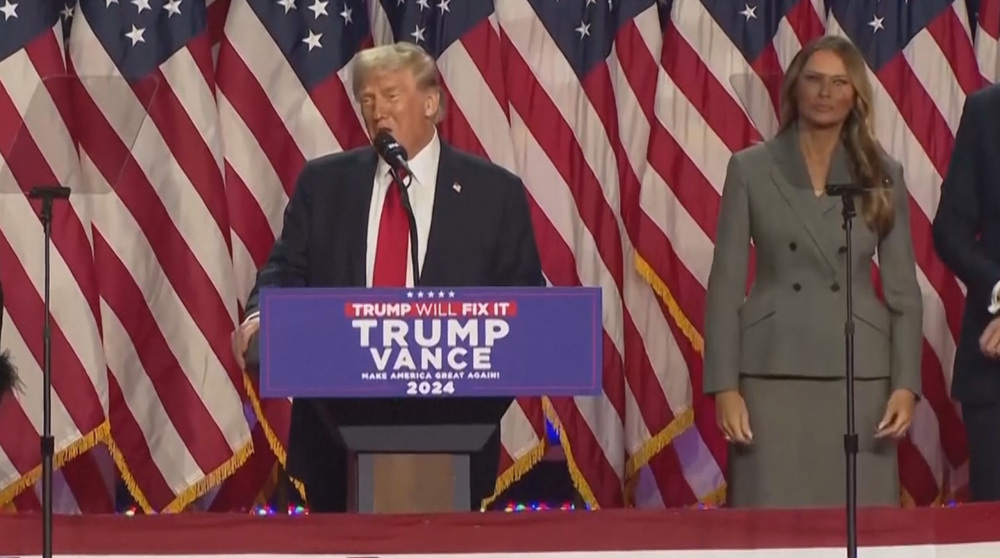
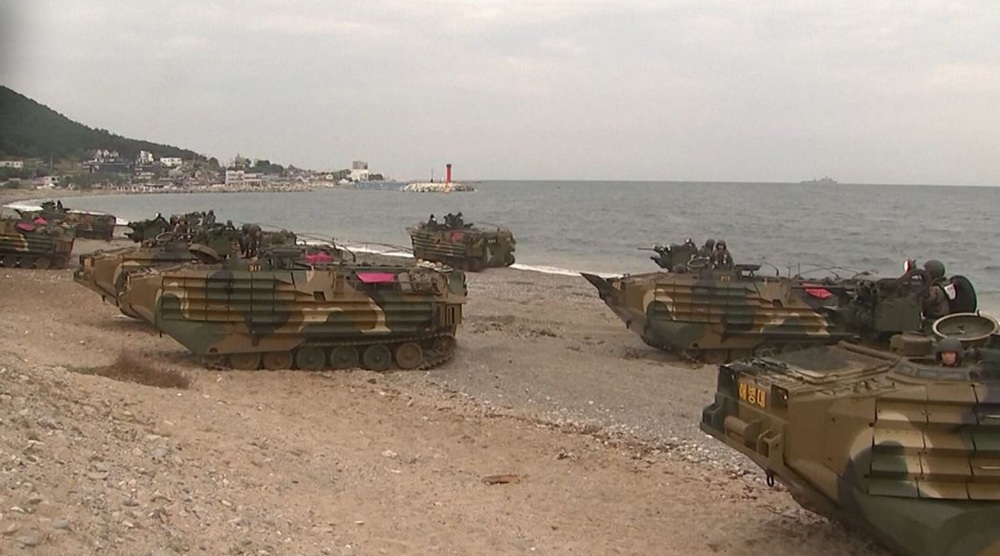

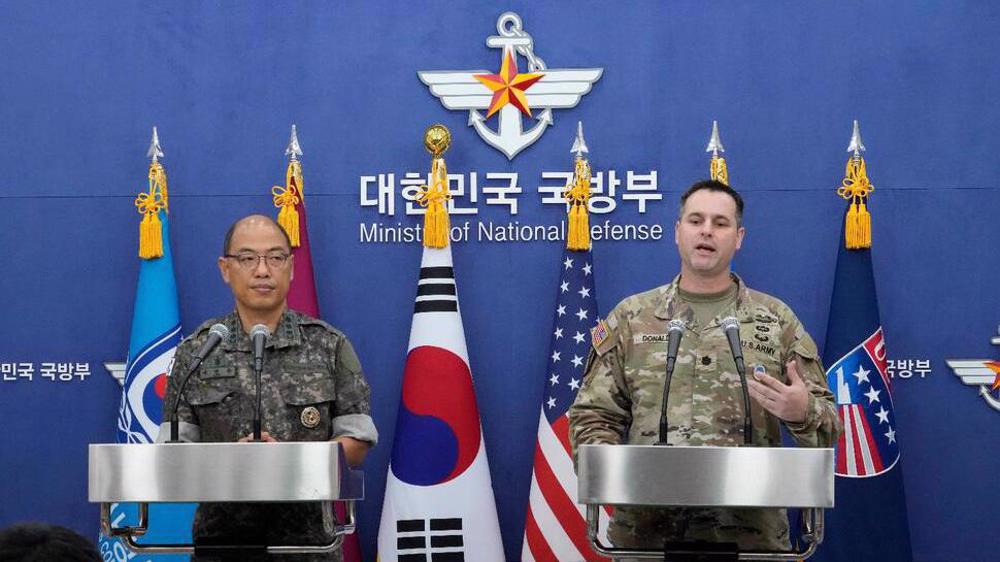
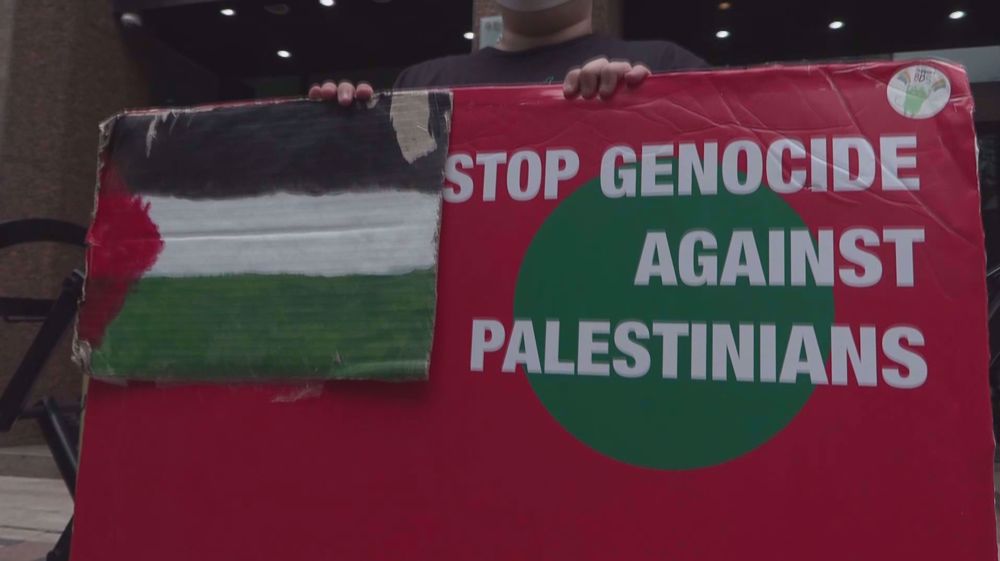
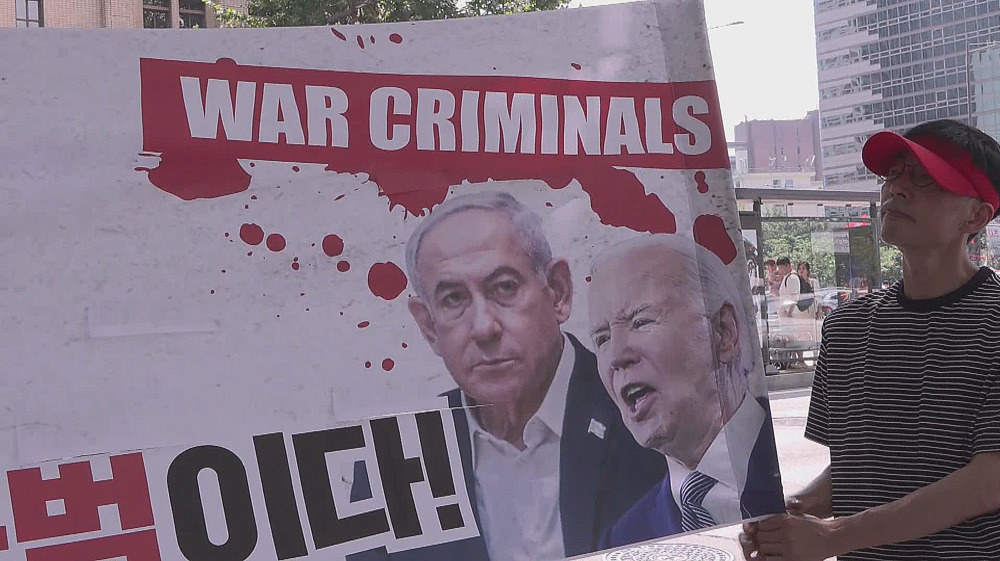

 This makes it easy to access the Press TV website
This makes it easy to access the Press TV website